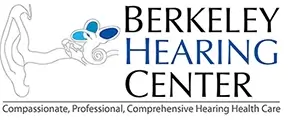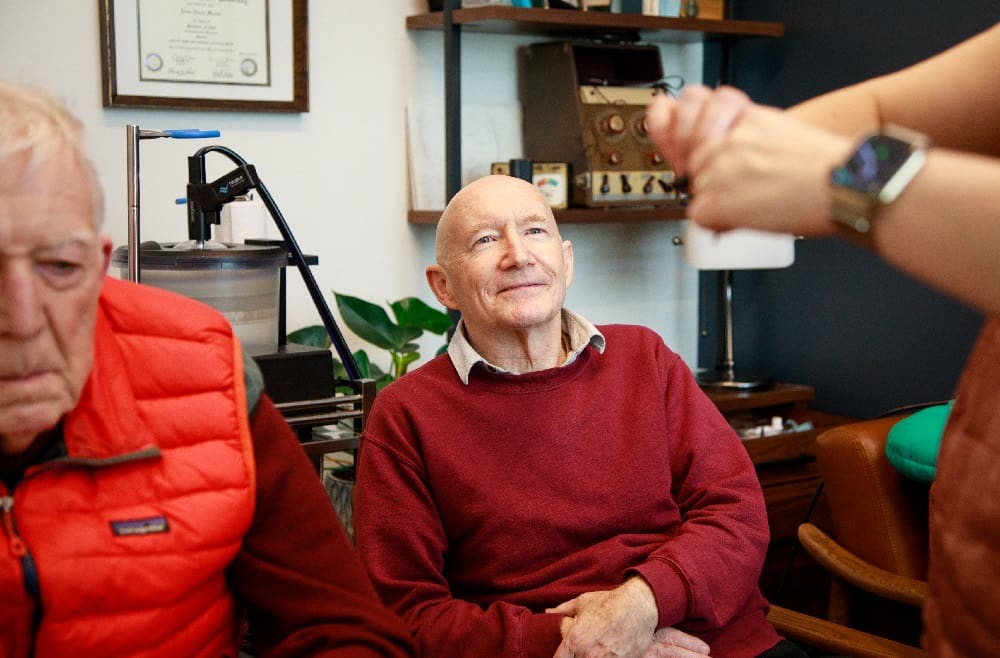2024-04-29
Jonathan Lipschutz Audiologist, M.S., F-AAA, Co-Owner
I was inspired to write this month’s article while working on our latest ‘physician newsletter’. Like these articles, we reach out to our physician referral network to educate them about important information which we feel will help them counsel and care for their patients more effectively and holistically. In this current newsletter, for instance, we dove into the news about Apple’s “Hearing Aid Mode” (which I wrote about in this space last month) so they can better counsel their patients when asked about it. We also highlighted a recent piece of research out of USC’s Keck School of Medicine which found a nearly 25 percent lower mortality risk for regular hearing aid users compared to those with untreated hearing loss.
So when our esteemed publisher, Cathy, approached me 7 years ago about the opportunity to be an expert contributor for her new project (the amazing magazine you are currently reading), I really didn’t have to think long or hard before saying ‘yes’. I knew it was a golden opportunity to reach/teach a larger audience, than just my patients and their families, about the importance of good hearing healthcare and what it looks like.
Along with dispensing hearing aids, much of what we do at our practice is education and counseling. It’s also a central pillar of how we practice medicine. We feel it’s important to empower our patients so they can make the best hearing healthcare choice for themselves. People, for better or worse, have all kinds of choices to make when addressing their hearing health. Given all of the confusing and/or inaccurate information people get, we see it as our duty to provide them accurate information about their hearing health and our best professional opinion about how to address it going forward.
To my mind, the confusing/inaccurate information is, in part, due to our healthcare system and how healthcare here is viewed as a commodity. I often refer to Audiology as the ‘poor stepchild’ of the healthcare world. Most folks don’t know that Audiologists are the medical experts focused on the prevention, diagnosis and treatment of hearing loss. And most insurances, including Medicare, don’t pay for the prosthetic (hearing aids) used to treat nerve hearing loss or (equally as critical) the services to fit and support them. Some insurances claim to have a ‘hearing aid benefit’, but deliver devices and/or care that is substandard at best. Therefore, many people are looking to address their hearing issues without good information and having to pay significant sums out of pocket, often even if they do have a ‘decent’ insurance benefit.
We know the cost of good, proper hearing healthcare, which often translates as hearing aids, is a significant investment for the vast majority of people we see. It’s our responsibility to make sure patients, their family and other healthcare professionals have the best information available so that patients make a wise investment. One of America’s greatest thinkers, Benjamin Franklin said both “An Investment in knowledge pays the best dividends” and “The only thing more expensive than knowledge is ignorance”.
Ultimately, we are all responsible for our own healthcare. But we rely on our healthcare practitioners to provide us with knowledge and help to guide us in those decisions.
Seek out providers who take that responsibility seriously, and you’ll have the best chance at making the right decision for you.
Please continue to love your community by remembering the humanity of those around you, and please always support our local community businesses!
https://berkeleyhearing.com/wp-content/uploads/2024/11/Discover-the-path-to-better-hearing-health.jpg
Jonathan Lipschutz Audiologist, M.S., F-AAA, Co-Owner






